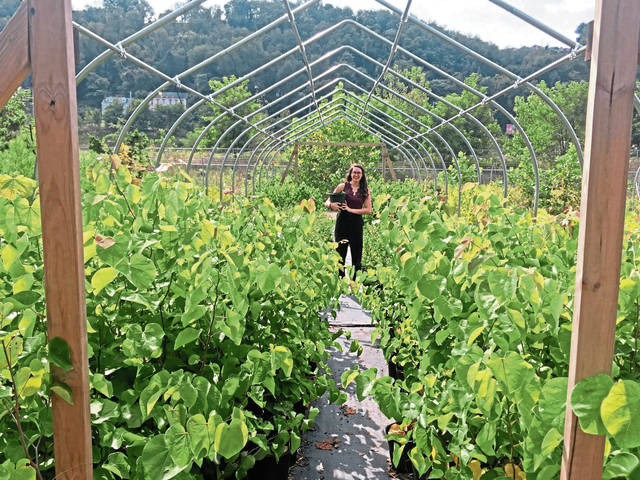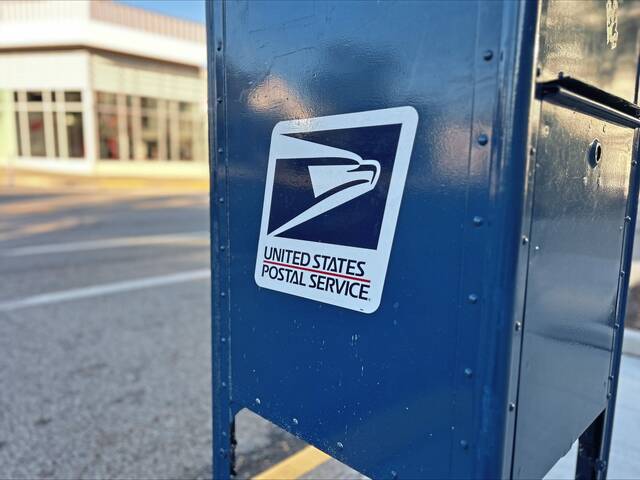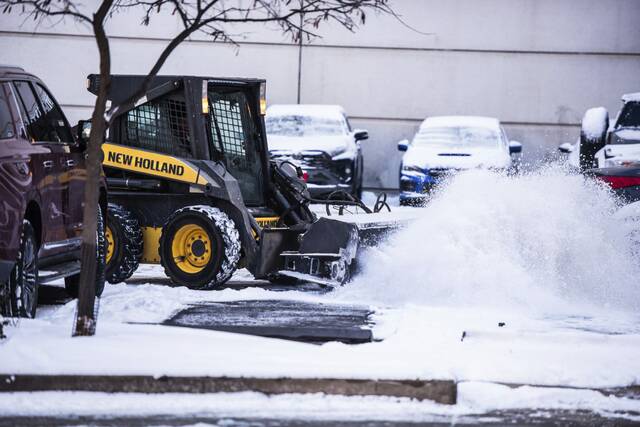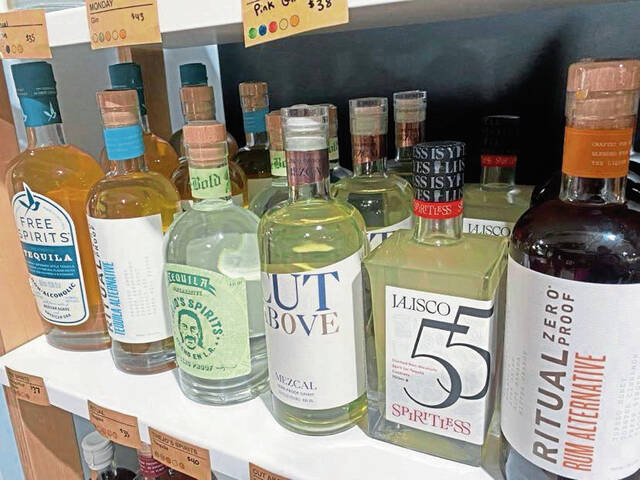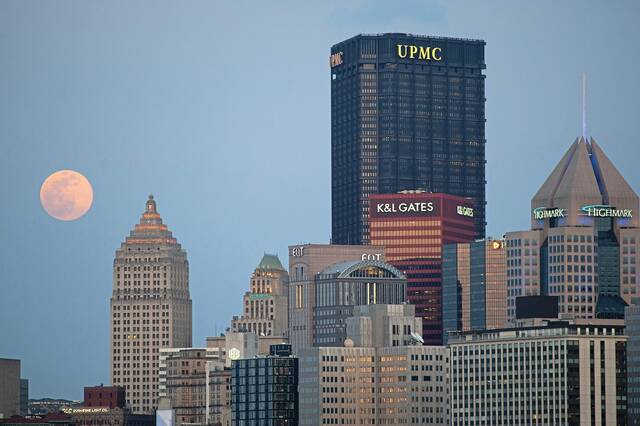If it seems you can see more of the sky in Allegheny County these days, you’re right.
And that’s not necessarily a good thing.
Allegheny County lost 10,000 acres of tree canopy between 2010 and 2015, according to a survey released last year by Tree Pittsburgh, a nonprofit group aiming to restore at least some of that shade.
The group is offering free trees through November in Allegheny County communities that lost the most tree cover since 2010. The trees are available to any resident in one of those communities.
A grant from the Colcolm Foundation will pay for the nonprofit to give away 4,000 trees in 2019 and 2020 to help restore the urban forest canopy. Learn more about the free trees and if your community is part of the tree giveaway at treepittsburgh.org/giveaway.
Communities with the biggest percentage loss of trees during the study period are: Neville (-17.9%), Aspinwall (-16.2%), Duquesne (-16.1%), Brackenridge (-16.1%), Braddock (-15.4%), Dormont (-13.2%), Whitehall (-13.1%), Cheswick (-12.4%), Springdale (-11.2%) and Verona (-11.1%), according to Tree Pittsburgh.
The biggest acreage losses were found in larger municipalities, including the City of Pittsburgh, Bethel Park and Penn Hills.
For the Tree Pittsburgh study period, most of the loss of tree canopy occurred on residential properties, about 60%, according to Matt Erb, director of urban forestry for Tree Pittsburgh.
About 10% of the loss came from natural causes including old age, disease and pests, according to Erb. Parcels that lost five acres or more show a trend of development by local government, school districts and golf courses, he said.
The Tree Pittsburgh project is among other efforts recognizing the importance of replenishing the tree stock, according to Celine Colbert, a forester with the state Department of Conservation and Natural Resources who covers Allegheny, Somerset, Westmoreland, Washington, Greene and Fayette counties.
Large swaths of Allegheny County have been famously shorn of vegetative cover many times over because of the region’s industrial history and large population base. The county is still plagued by a good amount of tree loss.
More recently, invasive species outbreaks, such as the emerald ash borer, have impacted ash trees, which are common shade trees just outside of the city. Development still cuts into the canopy, Colbert added.
“There’s a greater awareness of the importance of trees now,” said Colbert, citing newer open-space developments with trees and green space incorporated into many modern designs.
Besides looking good, a network of trees and other natural greenery helps control stormwater, a persistent problem in the region, she said. A vigorous tree canopy intercepts the stormwater. Tree roots absorb water as well.
“More and more communities are adopting shade tree programs,” Colbert noted. “There are ordinances requiring shade trees as part of a development, even parking lots.”
The trees supplied by Tree Pittsburgh are grown at the group’s nursery along the Allegheny River in Pittsburgh’s Lawrenceville neighborhood. It has between 14,000 and 15,000 trees of about 60 species. The nonprofit offers numerous public events, volunteer opportunities and chances for county residents to secure trees.
As Tree Pittsburgh’s mission has been to grow the urban canopy, the nonprofit not only offers trees, but also guidance in choosing them and care.
“Right tree, right place,” said Joe Stavish, Tree Pittsburgh’s community education coordinator. There are differences in habitats and growth factors to consider when selecting a tree, Stavish said.
Then there’s planting the tree, which is no small task. It’s not that it’s difficult, but there are requirements such as digging the hole large enough and, of course, watering properly.
“It’s kind of like a pet,” he said. “You have to pay attention to it and take care of it.”
The best chance for survival is in the fall, from mid-October to Thanksgiving, according to Stavish.
Tree Pittsburgh won’t leave you on your own; they offer an online video on how to plant a tree at treepittsburgh.org.


